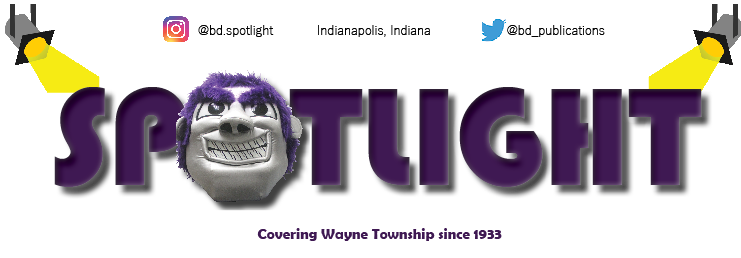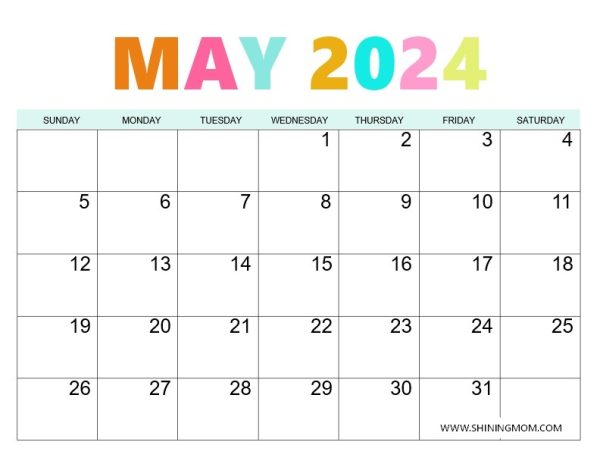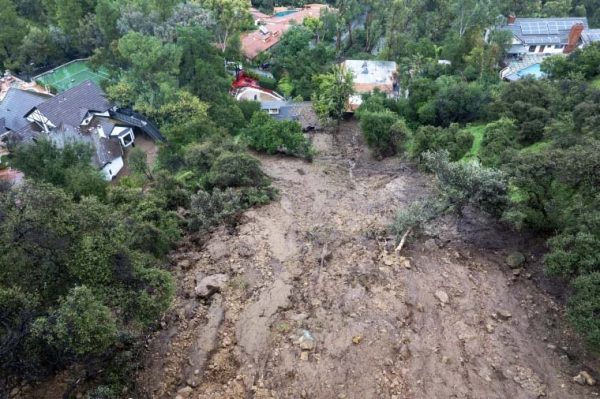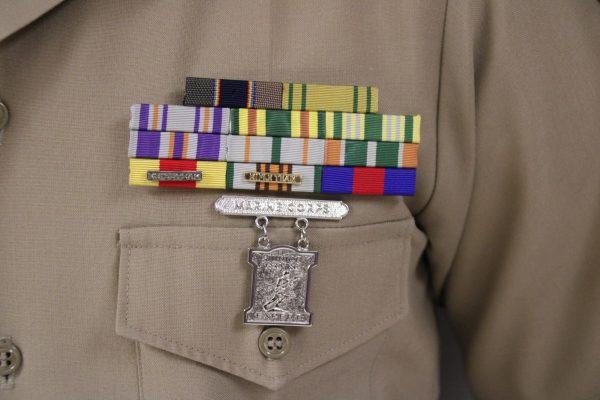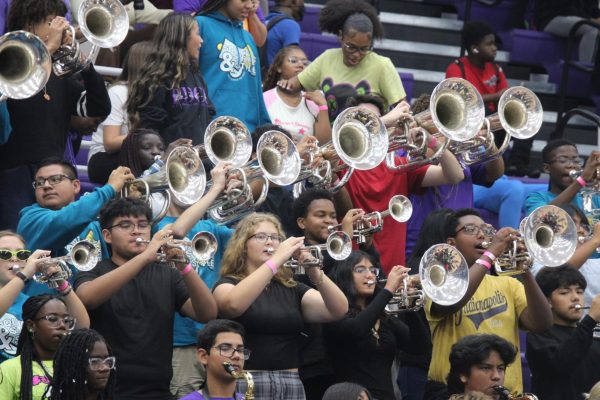All eyes on me
Editor’s note: The November 22 print edition of the Spotlight focused on the upcoming play “1984” and asked the question “Are you being watched?” Here, writer Jacob Hudson takes an analytical look at the Big Brother question.
The moment you step out of your house and out into the public, you are being watched by thousands of eyes. However, these are no longer only the eyes of the random fellow civilians you pass by, but the robotic eyes of a camera.
According to data released from the Treasury Department, video surveillance has peaked at an all-time high as of 2012. According to the past records, from 2003-2012 governmental surveillance has tripled and is still on the rise.
At this point in time, cameras in public have become a bit of a hot topic for some people who claim that the cameras are a violation of the fourth amendment which reads, “The right of the people to be secure in their persons, houses, papers, and effects, against unreasonable searches and seizures, shall not be violated, and no Warrants shall issue, but upon probable cause, supported by Oath or affirmation, and particularly describing the place to be searched, and the persons or things to be seized.”
The way in which the fourth amendment would coincide with this topic is specifically in reference to the “against unreasonable searches” and “but upon probable cause” part of the amendment. Those who oppose public camera surveillance say that because of the wording of the amendment, they are unreasonably and without probable cause watching you and therefor, invading your privacy.
Those who approve of the rise of cameras retaliate that the surveillance prevents crimes from happening and get the crimes that are committed solved faster. Still, if we were to think about it, didn’t Benjamin Franklin state, “Those who sacrifice liberty for security deserve neither.”
People who oppose the cameras also point out the high level the government has taken with these cameras. With technology for surveillance rapidly increasing, cameras are now able to be programmed with facial recognition, recorded pattern behavior and even racial profiling.
With that knowledge at hand, not only are we conceding that the government can watch us basically make every move we make outside of our bedrooms, but that they can even keep tabs on our general behavior.
As a matter a fact, these aren’t even hypothetical situations or theories anymore. According to Adam Davidson of NPR, “Banks monitor every transaction. Every one, no matter how small…. The software is checking to see if maybe that $4 is part of a pattern…. The report goes to a bank’s compliance officer, listing all recent suspicious transactions. Every transaction is given a numerical score…. The computer makes the score based on who is making the transaction, where does he come from, who is he associated with, what else he is up to. Every bank customer has, somewhere, in some computer database, a risk assessment score.”
Overall, the decision is up to us. Should we allow the crimes of a few to affect and punish the majority of the population of which are innocent civilians? Should we allow the complaints of the supposed innocent civilians to affect our decision in monitoring and possibly apprehending a criminal caught on camera? Shall we submit to the all-seeing eye that is transforming into today’s generation’s government?
At the end of the day, we need to find the solution that doesn’t best help us as individuals, but that best helps us as a country.
